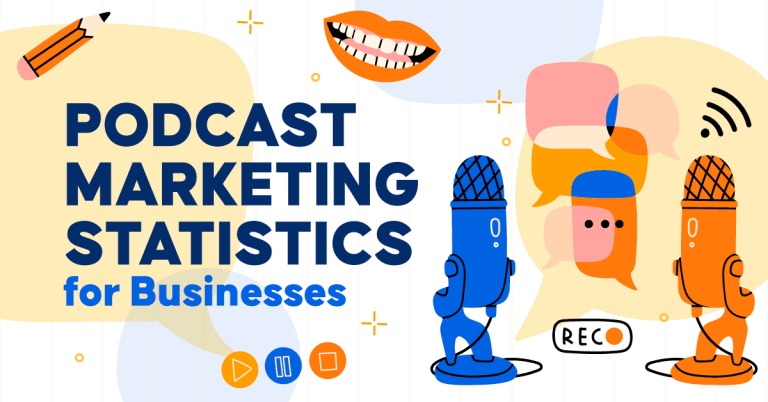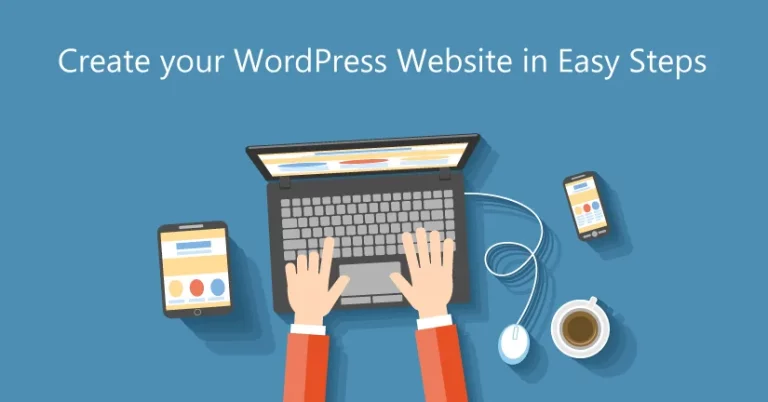Social Media Marketing: Maximizing Your Business Potential
Social media is now a crucial tool for businesses to interact with consumers, increase brand recognition, and boost sales in the digital age. Small companies of all sizes, including startups and large corporations, can use social media marketing to expand their markets and meet their objectives.
In this blog post, We’ll give a comprehensive overview of social media marketing for businesses. The fundamentals of social media marketing, including various networks, content categories, and advertising choices, will be covered. We’ll also look at tactics and best practices that can support companies in building a strong online presence and engaging with consumers successfully.
Whether you’re a small company owner or a marketing professional, this guide will equip you with the information and tools you need to succeed in social media marketing and take your business to the next level. So let’s get started and discover how to grow your business online with social media marketing!
The following are some advantages that social media can offer to businesses:
- Increased brand awareness: Social media platforms can assist companies in expanding their customer base and enhancing the visibility of their goods and services.
- Increased customer engagement: Social media gives businesses the opportunity to communicate with customers and react to their needs and feedback in real time.
- Cost-effective marketing: Social media advertising can be a cheap method for companies to reach a specific audience.
- Increased internet traffic: This can lead to an increase in sales and revenue for a company.
- Competitive advantage: Having a robust social media presence can help businesses remain one step ahead of their rivals.
It’s crucial to keep in mind that social media also takes resources to manage and maintain, so companies should have a clear plan in place if they want to see a return on their investment.
The top social media marketing applications for marketers
The finest social media marketing apps for marketers generally have the biggest user bases and the most advanced analytics and advertising tools. These comprise:
-
- Instagram and Facebook
- TikTok
- Snapchat
The most effective social media platform for a marketer will rely on their niche and target market, so it makes sense to do some research and test out a few different platforms.
Active Users and Demographics Of Social Media Platforms
Data was gathered from different surveys, enlisted below:
Facebook and Instagram:
Meta owns both Facebook and Instagram, which together have a user population of more than 2.7 billion monthly active users. With a large majority of users between the ages of 18 and 29, the demographic of users on these platforms is quite varied. The platform, however, is well-liked by people of all sexes and caters to a broad age range.
Twitter:
Twitter has about 330 million unique users each month. With a preponderance of users between the ages of 18 and 29, Twitter’s population leans younger. Additionally, a sizable portion of platform users holds college degrees.
LinkedIn:
There are roughly 690 million registered users on LinkedIn each month. The majority of LinkedIn users, who are mainly working professionals and business owners, are in the 30-to-49 age range. Males use the site more frequently than females do.
Pinterest:
There are about 335 million regular users on Pinterest each month. The majority of users on Pinterest are female and between the ages of 25 and 54, making up the majority of the site’s population.
TikTok:
TikTok has approximately 1 billion active users each month. The bulk of users on TikTok are between the ages of 16 and 24, making the demographic skew younger. Male users of the website are less common than female users.
Snapchat:
There are roughly 250 million everyday active users of Snapchat. The bulk of Snapchat users is between the ages of 18 and 24, making the platform’s demographic skew younger. Male users of the website are less common than female users.
It’s important to keep in mind that these user counts and demographics could alter over time and may differ by country.
People’s favorite social media platforms according to a survey
The most widely used social media platforms can vary based on the particular survey and the demographic being surveyed, but generally speaking, they include:
Facebook: In the US, 69% of people use Facebook.
YouTube: In the US, 73% of people are YouTube users.
Instagram: About 35% of US people use this social media platform.
Twitter: About 22% of US people use this social media platform.
TikTok: In the US, 20% of people use this app.
It’s important to keep in mind that these percentages may vary based on the location and age group being polled, as well as over time.
Explain the Cost of Social Media Promotion Tools in Easy-to-Understand Terms
Depending on the platform and the particular strategy, the price of social media marketing can change. Here are some broad ranges for the price of promoting on some well-known social media websites:
- Facebook: Depending on the type of ad, the available targeting options, and the budget, Facebook advertising costs can differ significantly. Small companies can anticipate spending between $1,000 and $2,500 per month on Facebook advertising on average.
- Instagram: While the price per engagement (like, comment, and share) on Instagram can also vary greatly, it usually costs more than Facebook. Small companies can anticipate spending, on average, between $1,000 and $3,000 per month on Instagram advertising.
- Twitter: Prices for Twitter advertising can differ, but on average, small businesses should budget between $500 and $1,500 per month.
- LinkedIn: Prices for LinkedIn advertising can differ, but on average, small businesses should budget between $500 and $2,500 per month.
- YouTube: While the price of YouTube advertising can change, small companies should generally budget between $500 and $2,500 per month.
- TikTok: Although the price of TikTok advertising can vary, small businesses should plan to pay, on average, $500 to $2,000 per month on the platform.
It’s important to note that these are only estimates and that the final price will vary depending on the particular strategy, target market, and ad format. Additionally, by producing organic content and interacting with your community, you can lower the cost of social media marketing.
Platforms/Apps To Manage All Social Media Accounts
Multiple social media accounts can be managed by users from a single site using a variety of social media management apps. Several well-liked choices include:
Hootsuite: Enables users to plan material for publication on a variety of social media sites, such as Facebook, Twitter, Instagram, LinkedIn, and YouTube.
Buffer: Enables users to plan material for publication on a variety of social media sites, such as Facebook, Twitter, Instagram, LinkedIn, and Pinterest.
Sprout Social: Users of Sprout Social can plan material for publication on a variety of social media sites, including Facebook, Twitter, Instagram, LinkedIn, and Google My Business.
Agorapulse: Users can schedule and post content on a variety of social media sites, such as Facebook, Twitter, Instagram, LinkedIn, and YouTube, using the tool Agorapulse.
You can monitor the effectiveness of your social media campaigns with these apps’ reporting and analytics features. Keep in mind that you will need to have business accounts on social media to use these apps.
Conclusion
To summarize, social media marketing is an effective tool for companies to connect with customers, raise brand recognition, and increase sales. Businesses can establish a strong online presence and reach a larger audience by understanding the fundamentals of social media marketing and implementing effective strategies.
We’ve covered everything you need to know about social media marketing in this guide, including the various platforms, content types, advertising choices, and best practices. We’ve also provided advice on how to create engaging content, track your progress, and remain ahead of the competition.
Remember to keep your company goals and target audience in mind as you embark on your social media marketing journey. Building a loyal following and achieving success in social media marketing requires consistency, authenticity, and interaction.
I hope this guidance has been useful in getting you started on your social media marketing journey. To remain ahead of the game, remember to stay curious, try new strategies, and keep learning. Best wishes for your social media marketing efforts!







